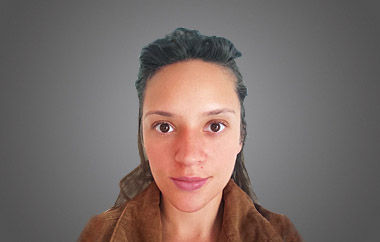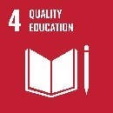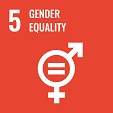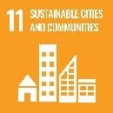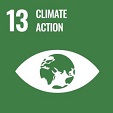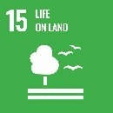Master’s Student in Biological Sciences at Federal University of Uberlândia, Brazil
Research focus: ecology and natural resource conservation
Letícia works in the field of landscape ecology and macroecology of medium and large mammals, in her case jaguars in Brazil. She seeks to understand how changes in the landscape caused by human activities reduce the size of the habitat of this large predator. The size of forest fragments, their degree of isolation, and the suitability of the environment are factors that directly affect environmental connectivity. Therefore, animal dispersal becomes a key process in determining the areas of this species. Animal movement is inevitably linked to ecological corridors, but fragment size and environmental suitability can also facilitate animal movement.
Letícia actively contributes to the development of conservation measures aimed at reducing wildlife-human conflicts. She examines the current situation and also considers how different scenarios of future change will affect these measures. When considering a scenario of agricultural expansion in Brazil, it becomes even more obvious that there is an extremely urgent need to understand the ecology of the jaguar. Only then can targeted conservation measures be taken to restore and promote the sustainable use of ecosystems. The jaguar can be seen as a cornerstone for biodiversity conservation, as its occurrence requires certain environmental integrity, protecting all other species that occur below its trophic level.
Letícia is also active in the education sphere. The innovative factor of her work is that, through interviews, she can better understand the motivation and responses of landowners in face of different impact scenarios. This socio-ecological model not only helps in the formulation of public policies, which in turn take into account all stakeholders involved, but also facilitates dialogue between scientists and citizens. This helps scientists to explain the ecological importance of preserving natural ecosystems, but also to answer questions on how to solve problems related to proper waste disposal, local food production, etc. All these factors open up new perspectives for citizens, who, in turn, can act more sustainably in their daily lives. In addition, Letícia is co-founder of two conservation NGOs.
Letícia’s research concerns the ecology and conservation of large mammals. The jury was convinced by the extraordinary research topic of this very active young scientist, as well as her outstanding engagement beyond the academic context, where she actively contributes to conservation measures aimed at reducing wildlife-human conflicts.
The research of Letícia mainly contributes to the Sustainable Development Goals 4, 5, 11, 13, 15:
Take a look at this video that briefly introduces Letícia and her research:





